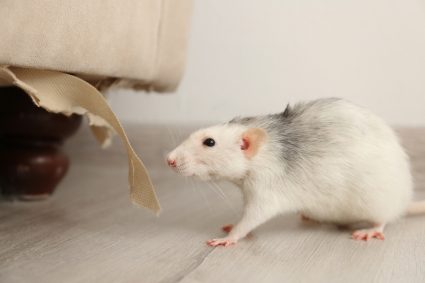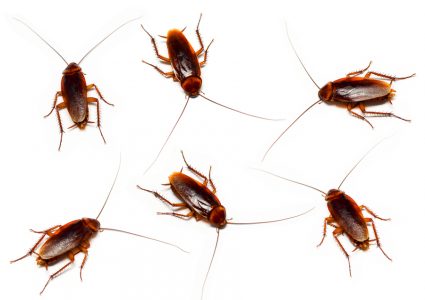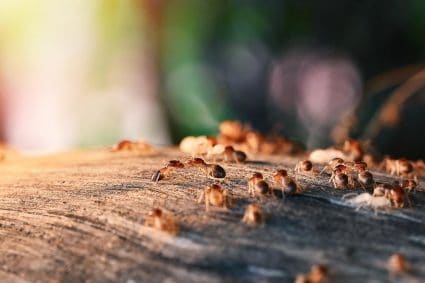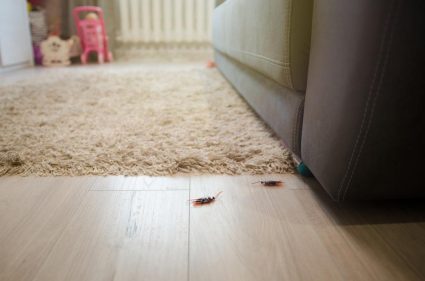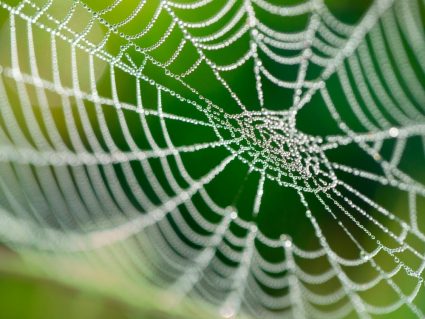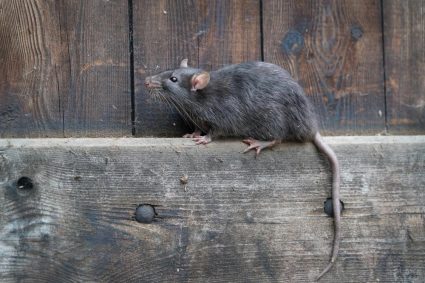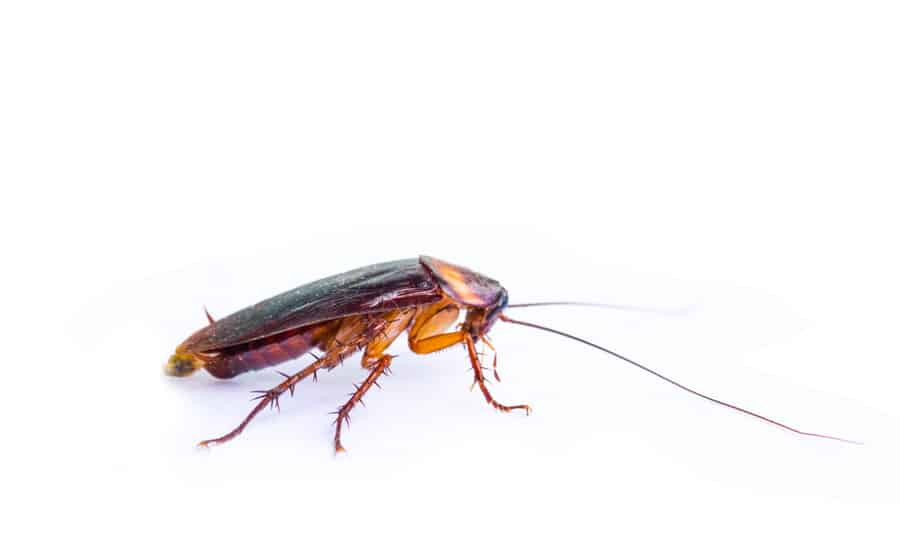
Have you ever found roaches in your home and wondered what would happen if one got in your mouth?
Are you wondering whether it is dangerous to ingest a roach?
What should one do if one accidentally swallows a roach?
Can a roach in your mouth cause any serious harm?
Those are the most common questions people ask about this topic.
While it is an unpleasant thought, it is not uncommon for people to be curious about the potential consequences of ingesting a roach.
The thought of a roach getting into your mouth is enough to make anyone feel uneasy. While it is not a common occurrence, it is a situation that can happen.
It is important to note that roaches are generally not carriers of diseases that can be transmitted to humans through ingestion.
While they are known to carry bacteria, viruses, and parasites that can harm humans, these organisms are not likely to survive the acidic environment of the human digestive system.
If you accidentally ingest a roach, it will likely pass through your digestive system without causing any harm. In most cases, you may feel discomfort or nausea, but it is not a cause for alarm.
It is recommended to seek medical attention if you experience any persistent symptoms such as:
- Vomiting
- Abdominal pain
- Diarrhea
It is worth noting that while roaches are not necessarily harmful to ingest, they are considered a pest and can be a sign of unsanitary conditions.
It is important to take measures to prevent roaches from entering your home and maintain good hygiene practices to reduce the risk of infestation.
This article will explore what happens when a roach gets in your mouth and how to stay safe.
If you have ever wondered what would happen if you accidentally ingested a roach, it is important to understand the potential consequences and what you can do to minimize any risks.
10 Things That May Happen if a Roach Gets in Your Mouth
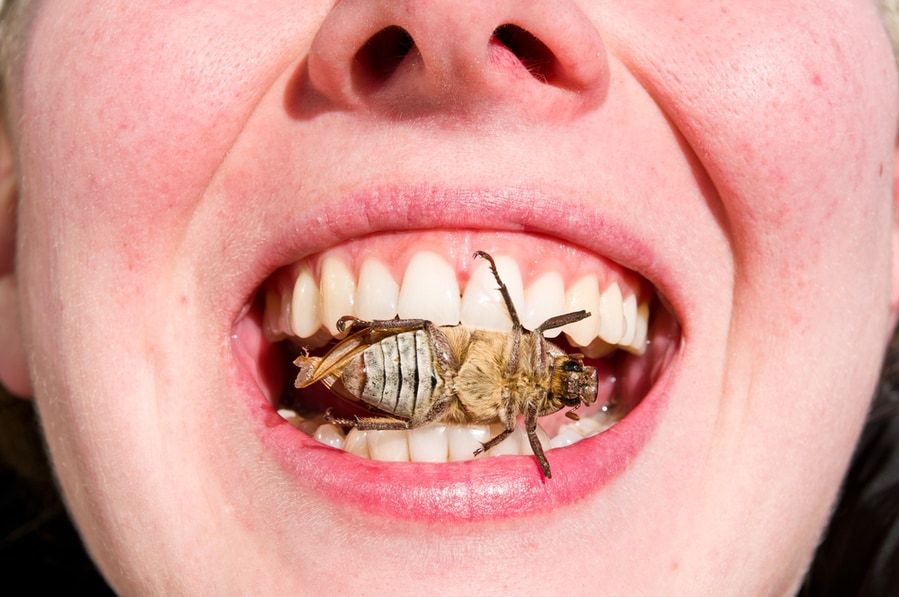
It is not a pleasant thought, but if a roach gets into your mouth, it is unlikely to cause serious harm.
Here are 10 things that can happen if a roach gets in your mouth:
1. You May Experience a Feeling of Disgust or Nausea
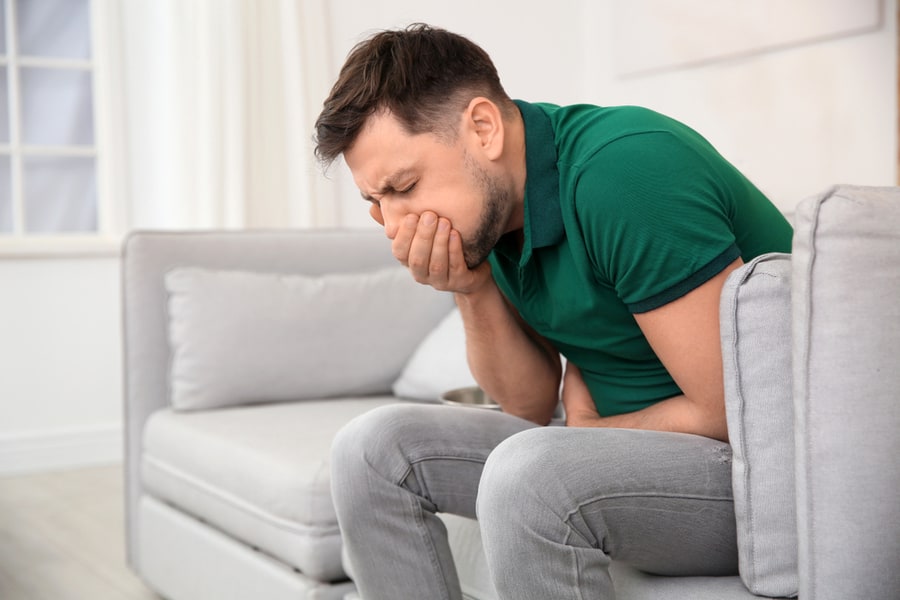
The thought of a roach in your mouth is enough to make anyone feel uneasy, and the experience can cause a physical reaction.
The feeling of disgust or nausea is often a natural response to a foreign object in the mouth.
While this is an unpleasant sensation, it is not a cause for alarm and will usually pass within a few minutes.
2. Allergic Reactions
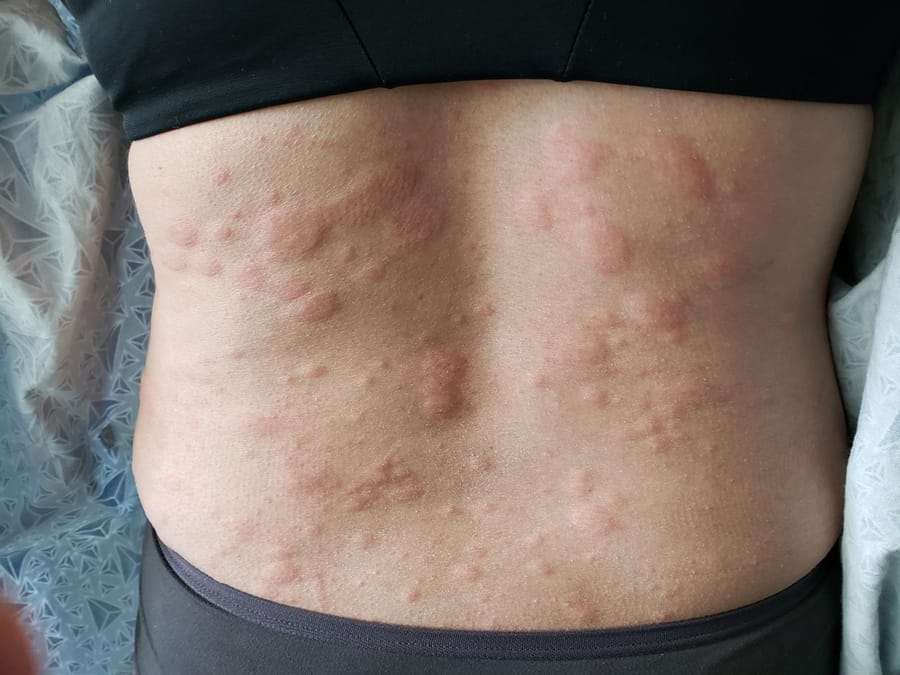
While roach allergies are relatively rare, they do exist.
Individuals allergic to roaches may experience an allergic reaction if a roach gets in their mouth.
Symptoms of an allergic reaction may include:
- Hives
- Swelling
- Difficulty breathing
If you suspect that you have an allergic reaction, seek medical attention immediately.
3. The Roach May Trigger a Gag Reflex or Cause You To Cough

Sometimes, a foreign object in the mouth can trigger an automatic reflex to clear the airway.
This can cause you to cough, gag, or even vomit.
If this happens, stay calm and breathe deeply until the reflex subsides.
4. Infections

While ingesting a single roach is unlikely to cause an infection, it is not impossible.
Rarely, roaches may carry harmful bacteria or viruses that can cause infections, such as dysentery or typhoid fever.
These infections are more likely to occur in areas with poor sanitation, where roaches may come into contact with human waste.
5. It May Cause Some Discomfort
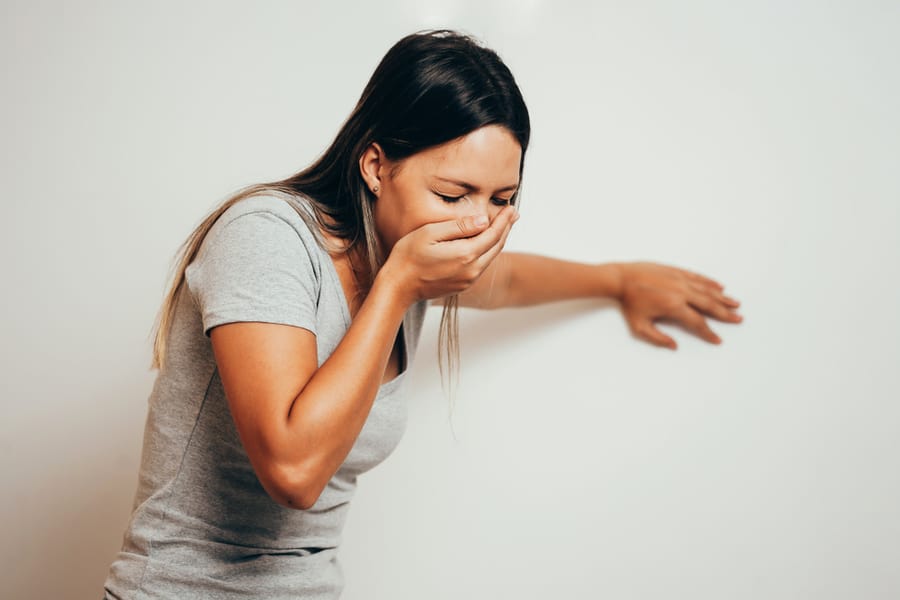
Ingesting a roach is generally not harmful but may cause discomfort.
Roaches are not known to be poisonous, and ingesting one is unlikely to cause serious harm.
However, you may experience a strange taste in your mouth or a feeling of fullness in your stomach.
See medical attention if you experience persistent symptoms such as vomiting, abdominal pain, or diarrhea.
6. Psychological Distress
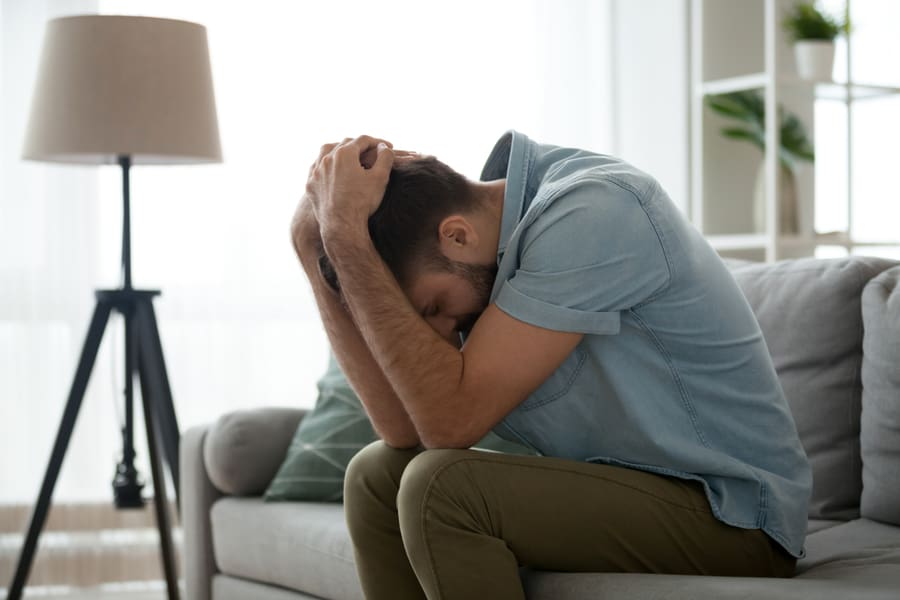
The thought of a roach in your mouth can traumatize some people and cause long-term psychological distress.
This is especially true for individuals with a phobia or severe anxiety related to roaches or insects.
In some cases, exposure to a roach in the mouth may cause panic attacks, nightmares, or other symptoms of posttraumatic stress disorder (PTSD).
7. Roaches’ Bacteria Can Be Harmful to Humans
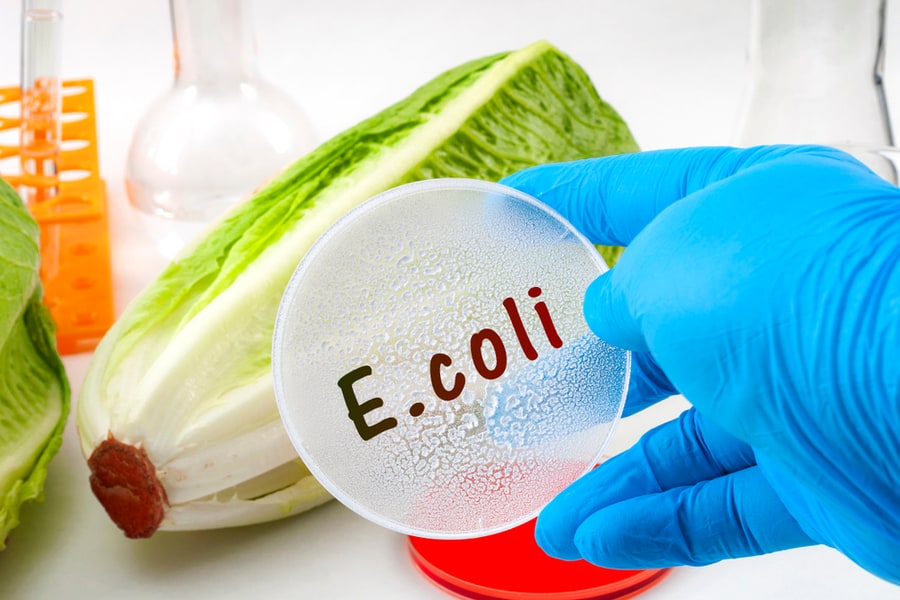
Roaches are known to carry bacteria and other pathogens that can harm humans.
While ingesting a single roach is unlikely to cause an infection, it is not impossible.
Roaches are known to carry bacteria, viruses, and parasites that can be harmful to humans, such as:
- Salmonella
- E. coli
- Staphylococcus
These pathogens are not likely to survive the acidic environment of the human digestive system, but it is still important to take measures to prevent roach infestations in your home.
8. A Roach in the Mouth May Pose a Choking Hazard

In rare cases, a roach in the mouth may pose a choking hazard.
This is more likely to happen if the roach is large or you have a pre-existing medical condition affecting your swallowing ability.
If you have trouble breathing or swallowing after ingesting a roach, seek medical attention immediately.
In most cases, however, the roach will pass through your digestive system without causing any harm.
9. Irritation or Injury to the Throat or Digestive Tract

If the roach is particularly large or gets stuck in the throat, it may cause irritation or injury to the throat or digestive tract.
This is more likely to occur in individuals with pre-existing medical conditions that affect their ability to swallow or digest food, such as:
- Esophageal strictures
- Gastrointestinal disorders
10. The Roach May Be Carrying Toxins or Chemicals
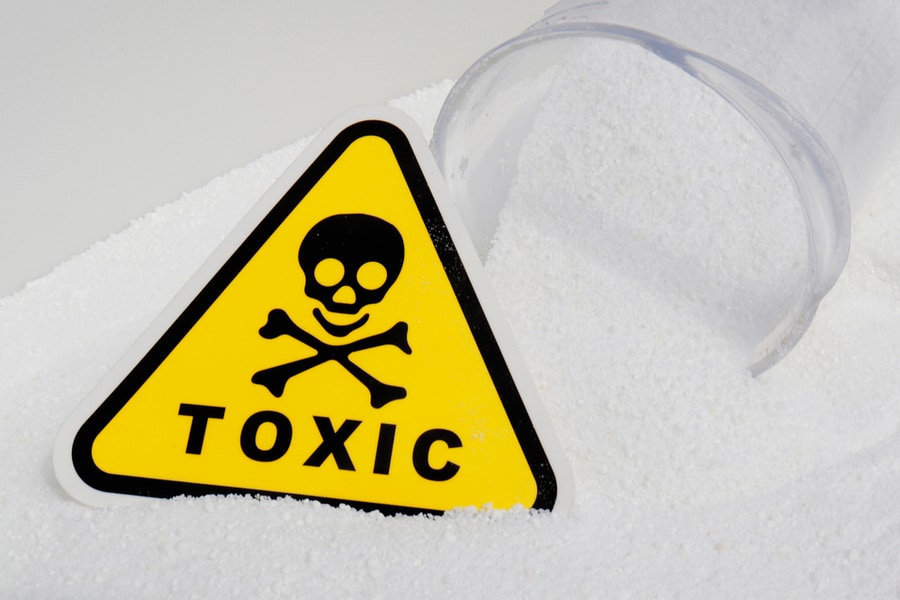
In some cases, roaches may come into contact toxic substances, such as pesticides or cleaning chemicals.
If the roach has ingested these substances, it may carry toxins that could harm humans.
This is more likely to occur in homes or areas where pesticides or other chemicals are frequently used.
If you suspect you have ingested a roach that has come into contact with toxic substances, seek medical attention immediately.
Is It Dangerous To Ingest a Roach?
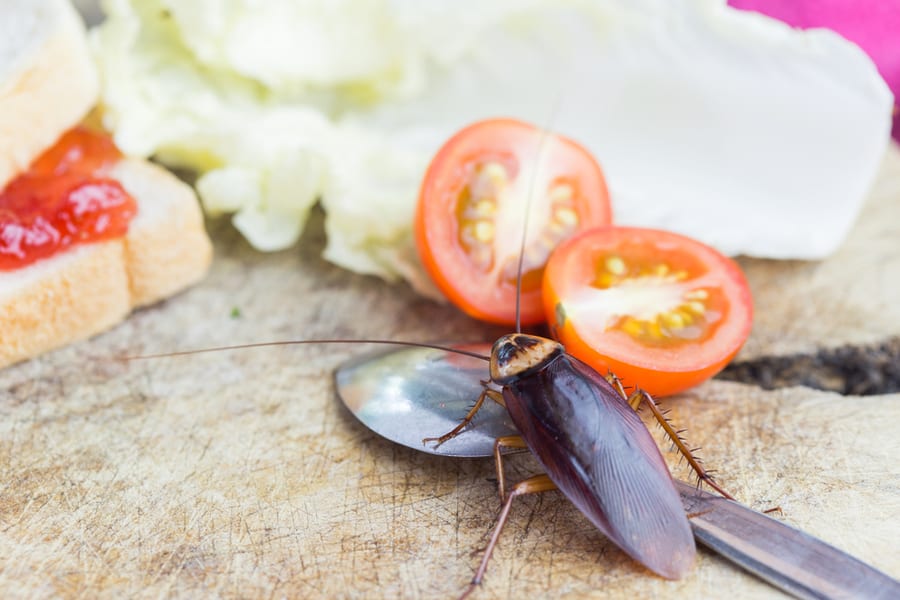
Ingesting a roach is generally not considered dangerous to humans, and most people who accidentally swallow a roach will not experience any adverse effects. However, depending on the circumstances, some potential risks are associated with ingesting a roach.
Some roaches may carry harmful bacteria or viruses that can cause infections. Ingesting a roach carrying these pathogens may increase your risk of developing an infection, although this is relatively rare.
In addition, some people may experience irritation or injury to the throat or digestive tract if the roach is particularly large or gets stuck in the throat. This is more likely to occur in individuals with pre-existing medical conditions that affect their ability to swallow or digest food.
While uncommon, some people may also be allergic to roaches and may experience an allergic reaction if they ingest a roach. Symptoms of an allergic reaction may include hives, swelling, or difficulty breathing.
While ingesting a roach is generally not considered dangerous, it is still a good idea to avoid doing so if possible.
If you are concerned about the potential risks associated with ingesting a roach, or if you experience any symptoms after ingesting a roach, seek medical attention immediately.
What Should I Do if I Accidentally Swallow a Roach?
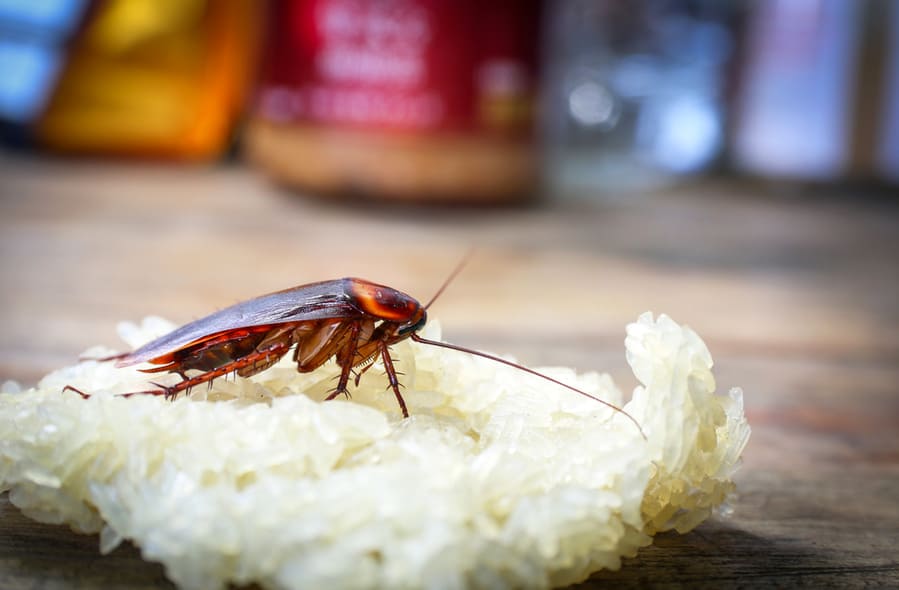
If you accidentally swallow a roach, there are a few things you can do to minimize the potential risks:
1. Do Not Panic
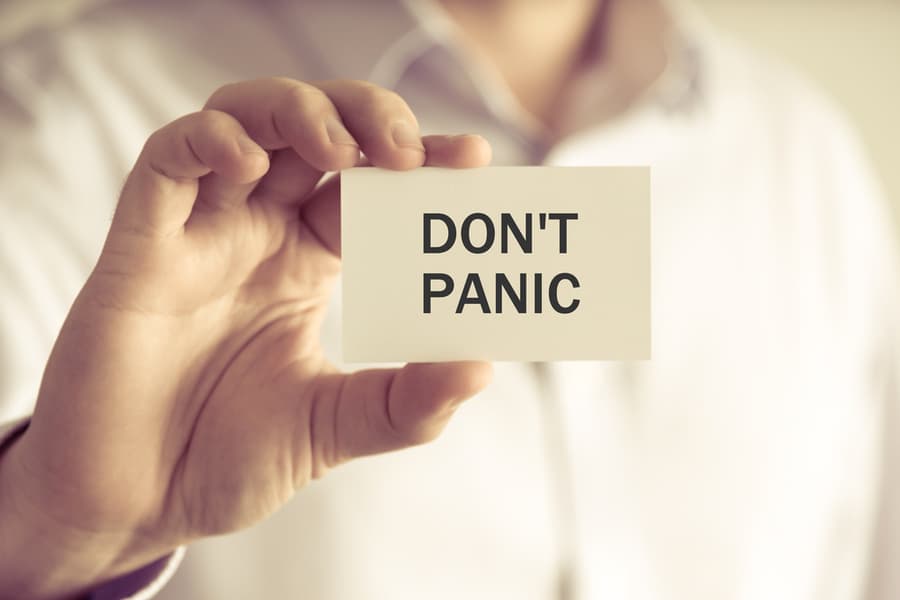
When you accidentally swallow a roach, it is important to remain calm and avoid panicking.
While the thought of swallowing a roach can be unsettling, it is important to remember that, in most cases, the roach will pass through your digestive system without causing harm.
Panic or anxiety can worsen the symptoms or bring on other symptoms that were not there in the first place.
2. Drink Plenty of Water

Drinking plenty of water is important when you accidentally swallow a roach.
Water helps the roach move through your digestive system more quickly and can also help flush out any bacteria or toxins that the roach may be carrying.
You should drink at least eight glasses of water each day to help with the passage of the roach.
3. Monitor Your Symptoms

While most people who accidentally swallow a roach will not experience any adverse effects, monitoring your symptoms is still a good idea.
See medical attention if you experience symptoms like vomiting, diarrhea, or abdominal pain.
These symptoms could indicate that the roach is causing an infection or that it is causing blockages in your digestive system.
4. Seek Medical Attention if Necessary

If you are experiencing severe symptoms or concerned about the potential risks associated with ingesting a roach, seek medical attention.
Your doctor can perform tests to determine if the roach has caused any damage to your digestive system and can recommend appropriate treatment if necessary.
In most cases, medical attention will not be necessary, but it is important to know when it is required.
5. Take Steps To Prevent Future Incidents

To prevent future incidents, control roach infestations in your home or workplace. This may include:
- Keeping your living space clean and free of food debris
- Sealing any cracks or gaps where roaches may enter
- Using roach baits or traps to eliminate any existing roaches
Prevention is the best way to avoid the accidental swallowing of a roach.
Conclusion
Accidentally swallowing a roach may be an unpleasant experience, but it is not considered dangerous in most cases.
The human digestive system is effective at breaking down and eliminating foreign objects, and the potential health problems that may arise from ingesting a roach are relatively rare.
However, taking the necessary precautions to ensure your well-being is still important. If you accidentally swallow a roach, stay calm and drink plenty of water to help move the roach through your digestive system.
If you experience any symptoms of illness, such as vomiting or abdominal pain, seek medical attention.
The best way to prevent accidentally swallowing a roach is to control roach infestations in your home or workplace.
By taking these preventative measures, you can reduce the risk of accidentally swallowing a roach and prevent the potential health problems and infestations that come with roach populations.
Frequently Asked Questions
Can a Roach Swallowing Cause Any Health Problems?
Swallowing a roach may potentially cause health problems in certain cases. Roaches can carry bacteria, viruses, and parasites that can cause infections and illnesses.
In addition, some roaches produce a defensive chemical that can cause allergic reactions in some people. Symptoms of a roach-related illness may include:
- Vomiting
- Diarrhea
- Abdominal pain
- Fever
However, in most cases, swallowing a roach is not considered dangerous, and the roach will pass through your digestive system without causing any harm. The human digestive system effectively breaks down and eliminates foreign objects.
How Can I Prevent Accidentally Swallowing a Roach in the Future?
The best way to prevent accidentally swallowing a roach is to control roach infestations in your home or workplace. Here are some steps you can take to prevent roach infestations:
- Keep your living space clean and free of food debris.
- Store food in airtight containers and keep your kitchen and dining areas clean.
- Seal cracks or gaps where roaches may enter, such as around pipes and doors.
- Use roach baits or traps to eliminate any existing roaches.
- Regularly check for signs of roaches, such as droppings, eggs, and dead roaches, and take appropriate action.
By taking these preventative measures, you can reduce the risk of accidentally ingesting a roach and prevent the potential health problems and infestations that come with roach populations.


